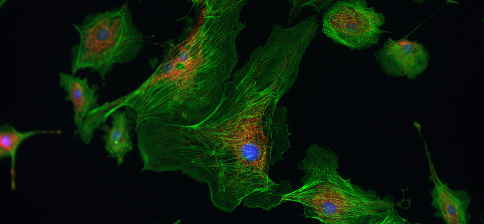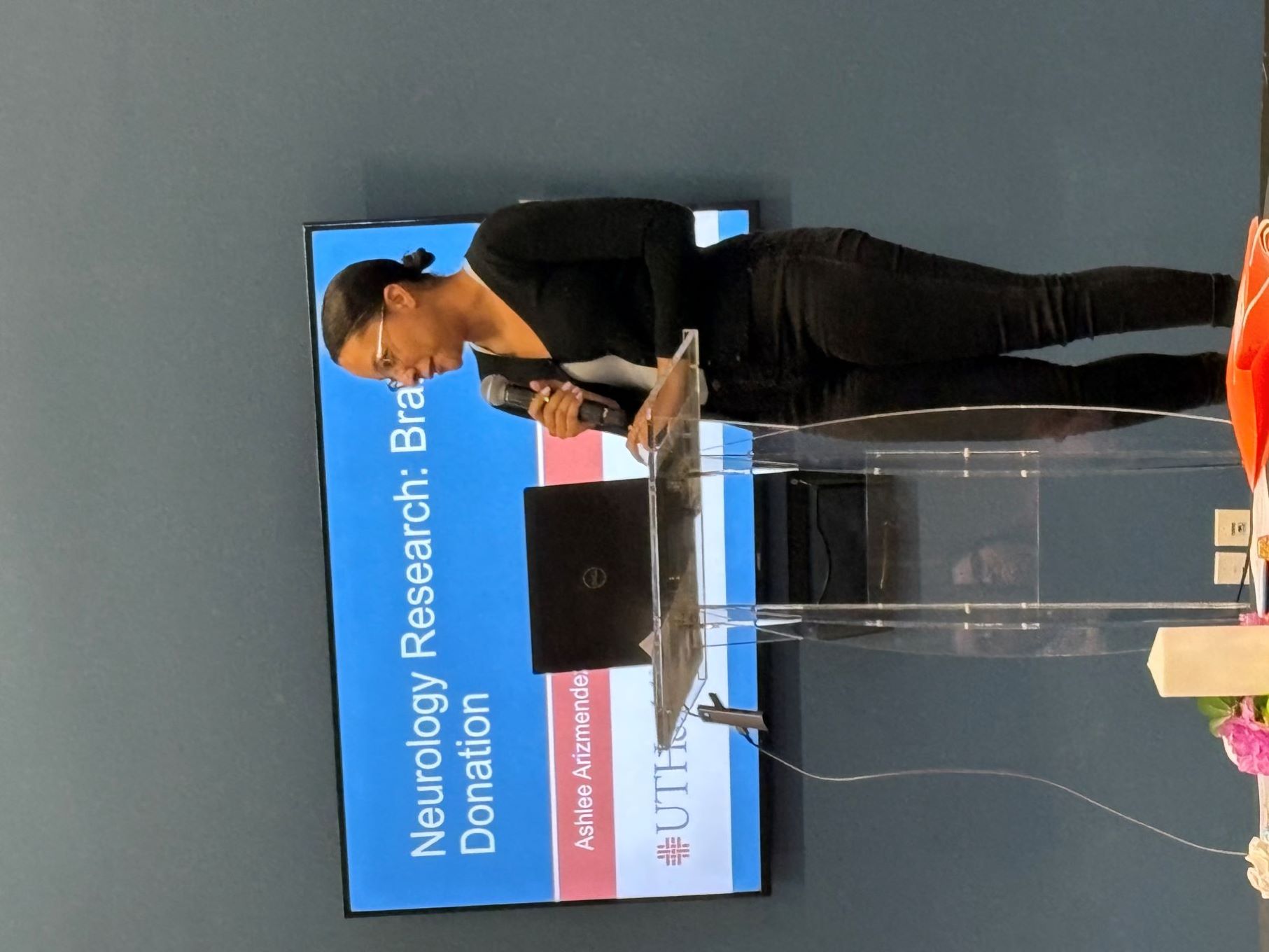Brain Biorepository

About the Brain Bank
The Department of Neurology’s Brain Human Biorepository, also known as the “Brainbank,” is an advanced biorepository dedicated to human postmortem samples. In collaboration with UTHealth’s board-certified Neuropathologists, we provide comprehensive clinical and pathological information. Our focus includes collecting samples from a diverse range of neurological disorders such as neurovascular disorders, neurodegenerative disorders, autoimmune disorders, epilepsy, traumatic brain injury, and pediatric neurologic disorders, alongside healthy control groups spanning varied ages and races.
Demonstrating a commitment to quality, autopsies are conducted rapidly with a postmortem interval of <12 hours. Our comprehensive approach to brain dissection and processing adheres to the highest standards, accommodating various research purposes. The consent-driven collection extends beyond brain samples to peripheral organ and fluid samples (CSF, blood, etc.) enabling a holistic understanding of neurological conditions. These valuable samples not only generative original data, but also serve as crucial confirmatory tools for animal model studies, facilitating comprehensive translational research from “bedside to bench.”
highest standards, accommodating various research purposes. The consent-driven collection extends beyond brain samples to peripheral organ and fluid samples (CSF, blood, etc.) enabling a holistic understanding of neurological conditions. These valuable samples not only generative original data, but also serve as crucial confirmatory tools for animal model studies, facilitating comprehensive translational research from “bedside to bench.”
In collaboration with the Department of Health Data Science and Artificial Intelligence, we are integrating our biorepository into their NIH-funded brain atlas program. This integration links our samples to Electronic Medical Records (EMR) and imaging data, ensuring a standardized process based on NIH standards. A user-friendly, query-able database enhances transparency, enabling researchers to identify available samples and make requests through a streamlined IRB-approved process.
This expanding resource is open to SFRC Projects and serves as a valuable asset for Network-wide collaborations. The Brainbank is positioned to be a beacon for cutting-edge neuroscience research, fostering advancements through collaboration and accessible resources.
Why is it Important?
The human brain is remarkably intricate, and studying brain disorders presents unique challenges. Animal models cannot fully replicate the human brain’s structure and function, making human tissue extremely valuable for unlocking critical insights.
Most diseases that affect the brain can only be diagnosed with certainty by the examination of brain tissue after death. Many families want to know what condition affected their relative, which is especially important when more than one person in the family has suffered from the disease.
Donors
If you are interested in becoming a donor, please contact our Research Coordinator, Ashlee Arizmendez, at (713) 500-6485.